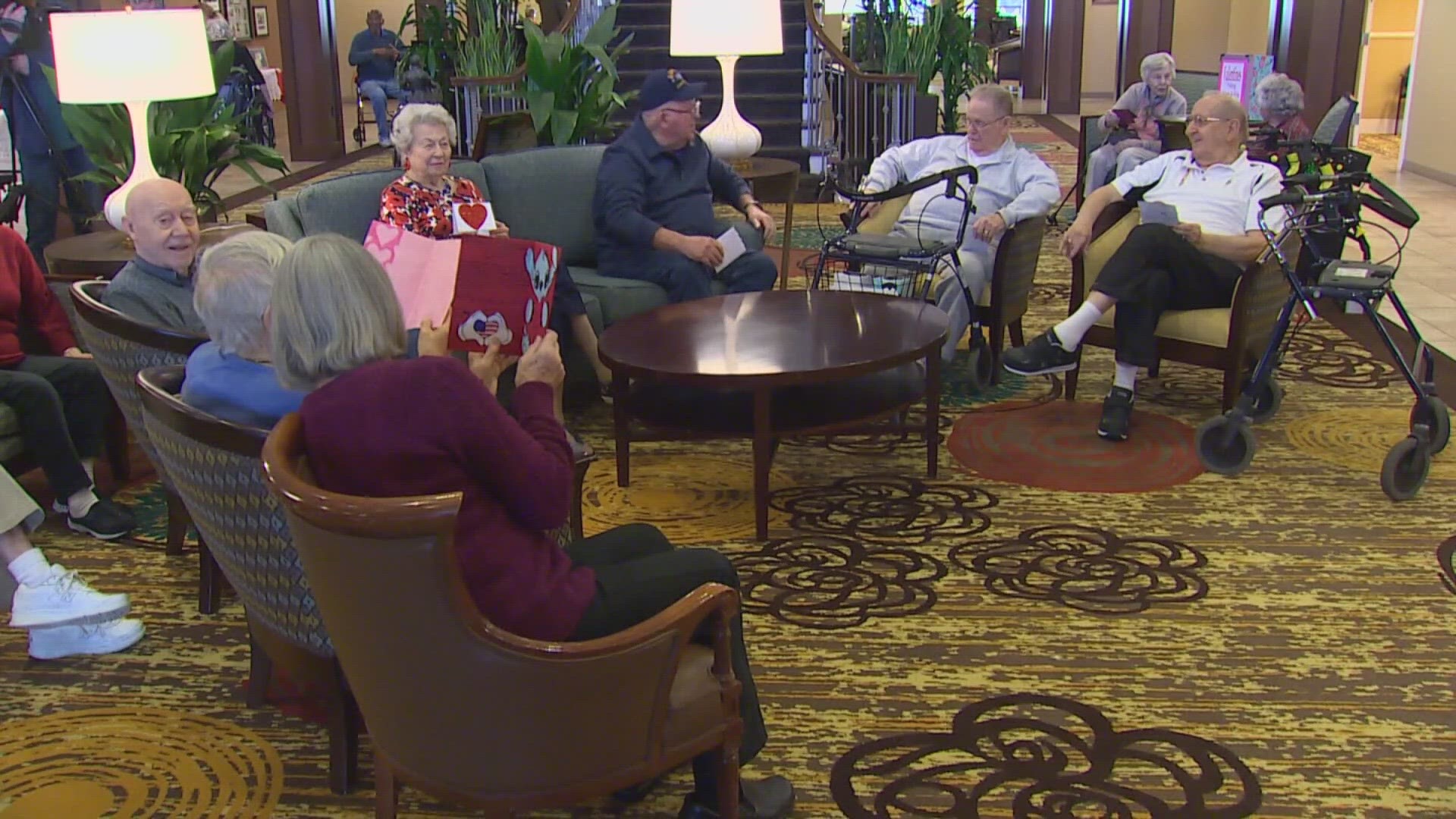SEATTLE — A group of Washington state Republican lawmakers are expected to submit legislation that would allow residents to opt out of the state’s mandatory long-term care tax.
WA Cares, which began deductions July 1, funds long-term care insurance for workers who pay into the program.
As the program currently stands, certain groups are allowed an exemption, including those who previously purchased private insurance, military spouses, disabled veterans and people who live out of state. Under the new bill, Senate Republican Minority Leader John Braun of Centralia said anyone would be able to opt out of WA Cares. If residents opt out before the end of the year, Braun said they could get a refund on premiums paid while waiting for the exemption to go through.
“If it’s really such a great idea, the people of Washington are capable and smart, and they can decide for themselves,” Braun said during a Monday press conference with members of the Washington State Senate Republican Caucus.
As of Monday, the bill was undergoing code revisions. Braun expected it to be finalized in the next couple of weeks.
Braun said he would support a special session to take up the bill, but he didn’t expect one. If a special session doesn’t happen, the bill would be discussed during the next legislative session that begins in January.
WA Cares was created in 2019 and will be used to help Washingtonians access a $36,500 long-term care benefit, which will be adjusted annually for inflation. Eligible workers will pay 0.58% of their paychecks to fund the program and can access benefits beginning in July 2026.
After WA Cares passed, it drew criticism over concerns that it was expensive, wasn’t transferrable to other states and only allowed for limited exemptions. Lawmakers expanded exemptions in 2022, but some say the changes don’t go far enough.
About 500,000 people have already opted out of WA Cares, according to state Sen. Linda Wilson, R-Vancouver. Approximately another 200,000 would be eligible to opt-out under revised legislation passed last year.
“That’s a lot of people that want out that we know of right now,” Wilson said.

